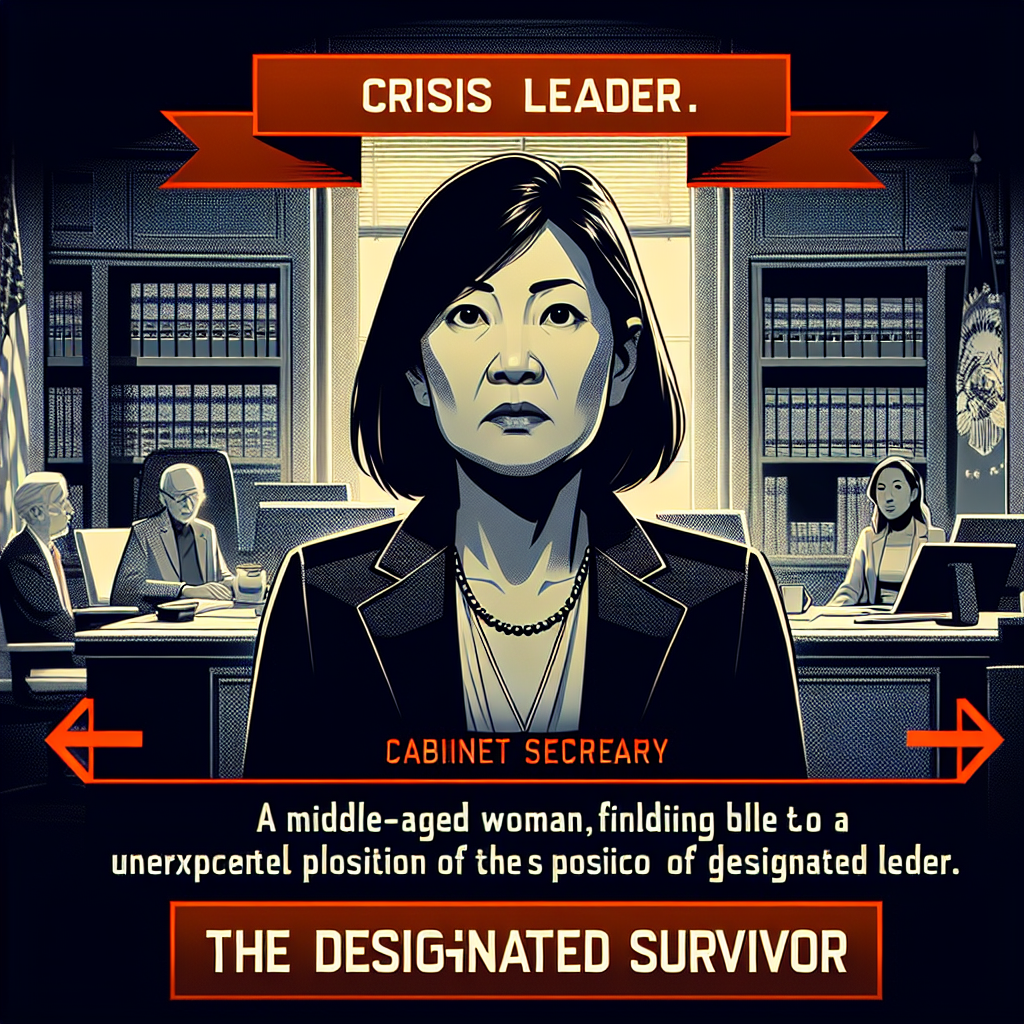From Cabinet Secretary to Crisis Leader: The Role of a Designated Survivor
From Cabinet Secretary to Crisis Leader: The Role of a Designated Survivor
Introduction to the Designated Survivor Concept
The concept of a “Designated Survivor” is a critical component of governmental continuity plans, ensuring leadership stability in the event of a catastrophic incident. This role, often shrouded in mystery, involves a pre-selected individual from the presidential line of succession who is isolated during major events to assume control if necessary.
The Evolution of the Role
Originally a Cold War-era precaution, the role of the Designated Survivor has evolved to address modern threats. This evolution reflects the changing landscape of global security and the need for robust contingency planning.
Responsibilities and Preparedness
- Isolation Protocols: The Designated Survivor is kept at a secure, undisclosed location during significant events.
- Briefing and Training: They receive comprehensive briefings on national security and crisis management.
- Communication Channels: Direct lines to key government officials are maintained to ensure seamless transition if needed.
Challenges Faced by a Designated Survivor
Assuming leadership in a crisis presents unique challenges, including:
- Immediate Decision-Making: The need to make swift, informed decisions under pressure.
- Public Assurance: Instilling confidence in the public and international allies.
- Policy Continuity: Maintaining the current administration’s policies while addressing new challenges.
Real-World Implications and Case Studies
While the role has not been activated in real-world scenarios, it remains a vital part of national security strategy. Historical case studies and simulations provide insights into potential outcomes and the importance of preparedness.
Conclusion
The role of a Designated Survivor is a testament to the foresight and planning required to ensure governmental continuity. By understanding the responsibilities and challenges associated with this position, we gain insight into the complexities of crisis leadership and the importance of readiness in safeguarding national stability.






































